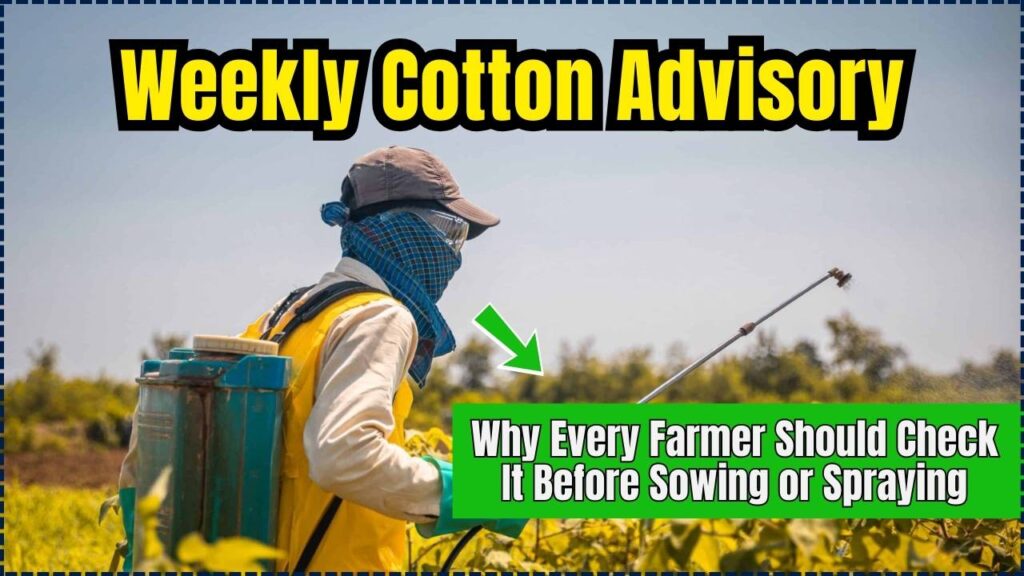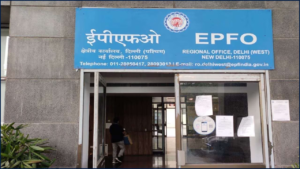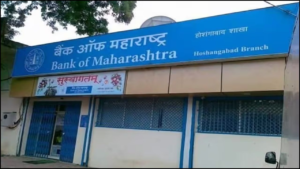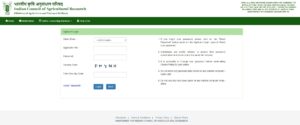Weekly Cotton Advisory: For India’s cotton farmers, every decision—from the day seeds hit the soil to the timing of the final spray—can determine the success or failure of a season. This is why the Weekly Cotton Advisory, issued by expert bodies like the ICAR-Central Institute for Cotton Research (CICR), has become an essential tool in modern agriculture. It offers data-driven, location-specific guidance that helps farmers make smarter decisions about sowing, spraying, irrigation, and pest management.
In the past, most farmers relied on traditional knowledge or local gossip to make such decisions. But unpredictable climate conditions and pest mutations have made it clear—scientific advice is not just helpful, it’s essential.

Table of Contents
Weekly Cotton Advisory
| Feature | Details |
|---|---|
| What is it? | Weekly expert-backed guide on cotton crop management |
| Issued by | ICAR–Central Institute for Cotton Research (CICR), in partnership with KVKs |
| Purpose | Help farmers with pest control, sowing, irrigation, spraying, harvesting |
| Covers | Weather updates, pest alerts, fertilizer recommendations, crop stage-specific tips |
| Access | CICR Website, WhatsApp, mobile apps |
| Languages | Hindi, Marathi, Gujarati, Telugu, Tamil, Kannada, English |
| Who it’s for | All cotton growers in India, especially rainfed regions |
| Main Benefits | Reduced costs, better yields, sustainable practices, timely decisions |
In today’s data-driven world, relying on gut instinct or the neighbor’s advice isn’t enough for cotton farmers. The Weekly Cotton Advisory delivers accurate, timely, and field-tested guidance that helps reduce risk, improve yields, and promote sustainable farming. Whether you farm 2 acres or 200, making this advisory a part of your weekly routine is one of the smartest decisions you can make this season.
Understanding the Weekly Cotton Advisory
The Weekly Cotton Advisory is a science-based crop guidance document, issued weekly during the growing season. It provides farmers with tailored recommendations based on:
- Weather forecasts from the Indian Meteorological Department (IMD)
- Real-time pest and disease surveillance
- Crop stage and soil health monitoring
- Market and sowing trends in the region
Why It’s Critical Before Sowing
Choose the Right Sowing Window
Cotton is highly sensitive to environmental conditions during sowing. If done too early, germination may fail. Too late, and yields drop. The advisory uses:
- Soil moisture data
- Rainfall predictions
- Wind speed and temperature thresholds
to recommend ideal sowing periods. For instance, CICR might suggest sowing only after 75mm of cumulative rainfall over five days—a condition essential for seed establishment.
Select the Best Variety
There are dozens of cotton hybrids and Bt varieties, but not all are suited to every soil or climate. The advisory helps identify:
- Varieties resistant to pink bollworm or whiteflies
- Early-maturing seeds for regions with short monsoons
- HDPS (High Density Planting System)-compatible seeds for intensive cultivation
Why It’s Vital Before Spraying
Know Your Enemy – Timely Pest Alerts
Pests like bollworms, aphids, and mealybugs destroy millions of rupees’ worth of cotton every year. The advisory:
- Identifies hotspots for pest infestation
- Guides on threshold-based spraying, reducing unnecessary pesticide use
- Shares non-chemical control methods like pheromone traps, neem oil sprays
For example, if jassid count exceeds 2 per leaf, the advisory may recommend Imidacloprid @ 20g/acre and ask farmers to spray in early morning or evening for maximum effect.
Spray Wisely, Not Blindly
Blind pesticide use leads to resistance and environmental harm. Weekly advisories include:
- Exact chemical names and brands
- Dosage instructions
- Safety intervals before harvest
- Tips on rotating pesticides to avoid resistance
Role of Technology in the Advisory
Today, advisories are smarter than ever:
- Remote sensing and AI help map pest spread.
- Mobile apps like IFFCO Kisan, mKisan, and Kisan Suvidha push notifications directly to farmers.
- WhatsApp groups managed by Krishi Vigyan Kendras (KVKs) share weekly alerts in local languages, complete with images.
Farmers no longer need to wait for extension officers to visit—data now arrives in their palms.
Challenges in Adoption
Despite clear benefits, not all farmers follow the advisory. Key challenges include:
- Low smartphone penetration in some regions
- Language barriers for tribal or dialect-speaking farmers
- Skepticism and habit-based resistance
- Limited awareness of CICR or KVKs in remote villages
Government schemes like Digital Krishi Mission aim to bridge these gaps by increasing rural digital literacy and connectivity.
Real-Life Success Stories
Case 1: Parbhani, Maharashtra
Suresh Jadhav, who farms on 2.5 acres, started following the advisory in 2022. He avoided an early whitefly infestation by timely spraying neem seed kernel extract. His yield jumped from 8.5 to 12.4 quintals/acre—without increasing pesticide use.
Case 2: Warangal, Telangana
Mallamma, a woman farmer, used the advisory to select an early-maturing HDPS variety recommended for her black soil. She harvested her crop two weeks earlier than usual, beating the monsoon-end bollworm surge.
Expert Opinion
“Cotton is a dynamic crop that requires dynamic decision-making. The weekly advisory empowers farmers with real-time, field-specific intelligence that’s more reliable than guesswork,”
— Dr. K.R. Kranthi, Former Director, CICR
How to Access the Weekly Advisory
You can access the advisory in multiple ways:
- Visit https://cicr.org.in for weekly downloadable PDFs.
- Join WhatsApp advisory groups from your nearest KVK.
- Use agri apps like IFFCO Kisan, Kisan Suvidha, or mKisan (available in Play Store).
- Visit local Krishi Vigyan Kendras for printed advisories or participate in field demonstrations.
Benefits That Go Beyond Yield
Higher Profits
Fewer input costs + targeted action = more net income.
Sustainable Farming
Less overuse of pesticides and fertilizers = healthy soil and ecosystems.
Informed Communities
Farmers who read advisories often help neighbors, building community resilience.
FAQs About Weekly Cotton Advisory
Q1. What is the Weekly Cotton Advisory?
It’s a region-specific guide issued weekly by CICR and KVKs to help cotton farmers make science-based decisions.
Q2. Is it free?
Yes, it is completely free and funded by government agricultural research agencies.
Q3. Can I get it in Marathi/Telugu/Tamil?
Absolutely. It is translated into 8+ Indian languages to ensure regional access.
Q4. What happens if I don’t follow the advisory?
You risk spraying unnecessary chemicals, missing pest outbreaks, or delayed sowing, which can reduce profitability.
Q5. Is it useful for all types of cotton?
Yes—Bt cotton, non-Bt, HDPS systems, and even organic cotton growers benefit from it.
















